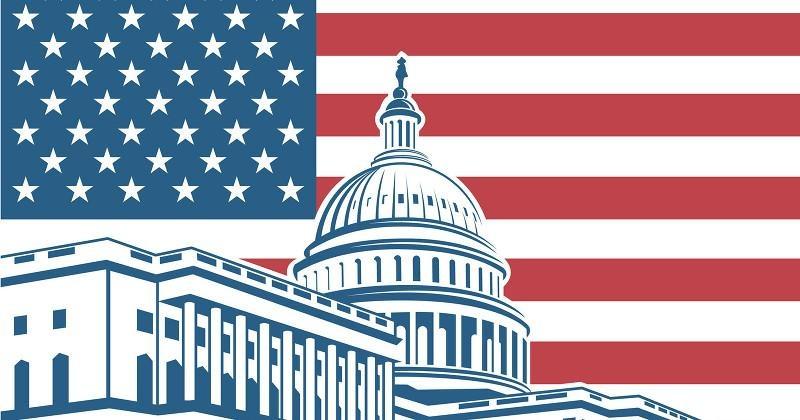
In the 1960 Democratic presidential race, there were a handful of contenders, including Sens. John F. Kennedy of Massachusetts, Lyndon B. Johnson of Texas, Hubert Humphrey of Minnesota and Stuart Symington of Missouri. Others, including Florida Sen. George Smathers and California Gov. Pat Brown, ran as “favorite sons.”
The 1968 Republican presidential field included former Vice President Richard Nixon, and Govs. George Romney of Michigan, Ronald Reagan of California and Nelson Rockefeller of New York. The GOP contest also featured favorite sons, including Govs. Jim Rhodes of Ohio and John Volpe of Massachusetts.
In those cases and most others, the serious combatants were political heavyweights. Fast-forward to today and the 2020 Democratic field, much like the 2016 GOP field, looks like a laundry list of presidential wannabes, some of whom have been in politics for 15 minutes and done little to establish their campaign or public policy bona fides.
Favorite sons fell out of favor as primaries multiplied and national conventions became nothing more than televised extravaganzas, not places where nominations were decided.
But perhaps the most startling change in presidential contests is the growing number of very junior hopefuls who apparently believe that the only office that matters is the presidency. Many have little or no experience, only mountains of ambition.
Different Era
In the current Democratic field, that list includes California Rep. Eric Swalwell, 38, who is now serving his fourth term in the House, and Massachusetts Rep. Seth Moulton, 40, who’s in his third term. Hawaii Rep. Tulsi Gabbard, 38, is serving her fourth term, while Ohio Rep. Tim Ryan, 45, is in his ninth. Pete Buttigieg, 37, is finishing his second term as mayor of South Bend, Indiana.
I know, the current president had no experience when he was elected, and Jimmy Carter proved that an obscure politician can win his party’s nomination if he starts early enough and surprises in an early primary or caucus contest. So, “anything can happen.” We are in a different era.
But the last mayor to be nominated by a major party was DeWitt Clinton in 1812. Then the mayor of New York City, he lost to James Madison.
In fact, no mayor has gone straight to the White House, though some (New Yorkers John Lindsay and Rudy Giuliani) have tried.
The last House member — make that the only House member — ever to go directly to the White House was James Garfield.
Looked at from a very different point of view, the candidacies of recent underprepared hopefuls, from Ben Carson, Gary Bauer and Herman Cain to Dennis Kucinich, Al Sharpton and some in the current Democratic field, say something a bit disturbing about how we now view politics and government. The presidency has become the focal point of American politics at a time when other governmental posts and offices appear increasingly devalued.
The end of earmarks undercut the power...

